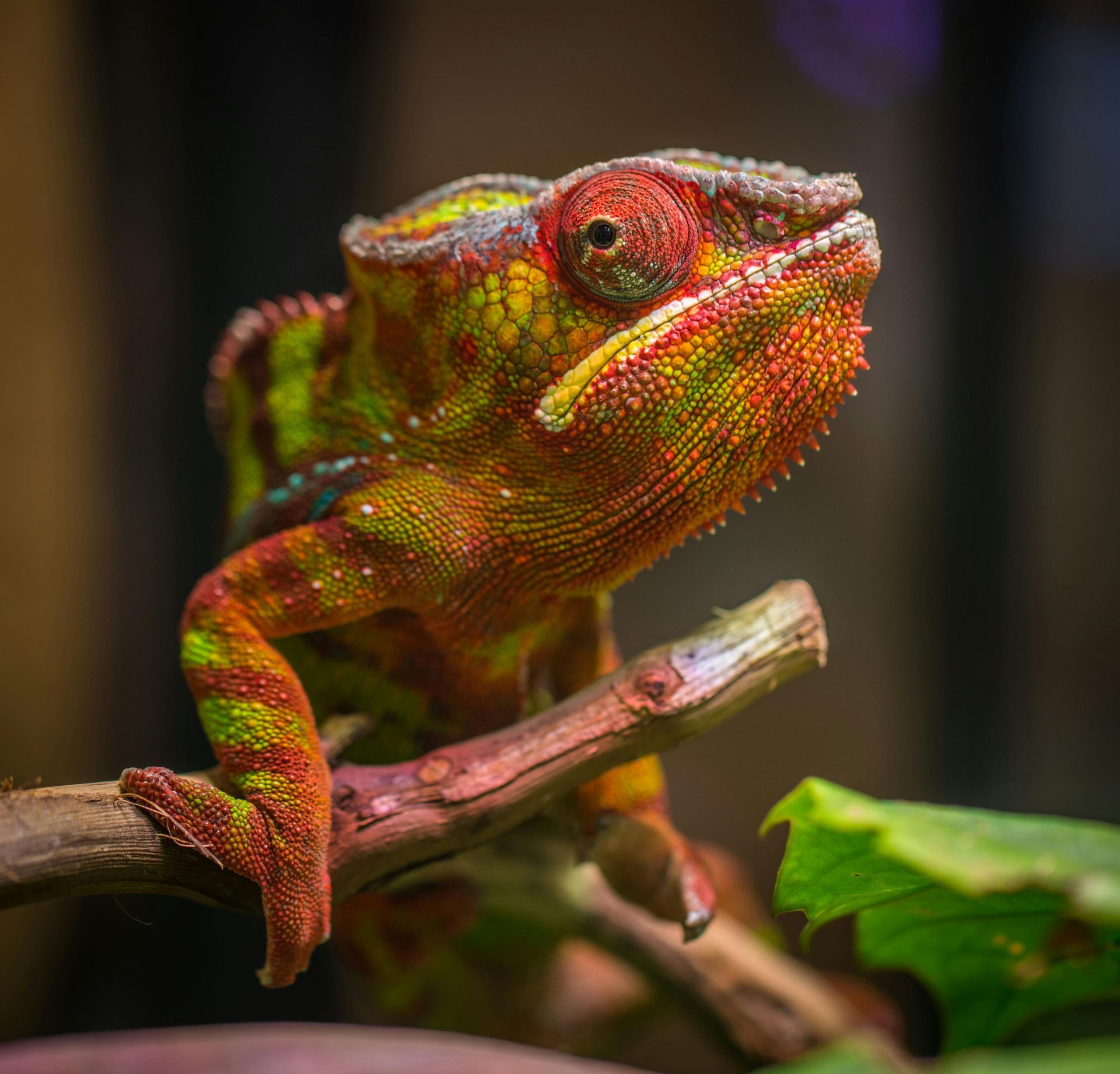Do You Need a PhD for a Career in Bioinformatics? The Truth About Industry vs. Academia
The PhD Dilemma: Is It Necessary for Success in Bioinformatics?
Bioinformatics is one of the fastest-growing fields in life sciences, merging computational skills with biological insights. Yet, despite this demand aspiring professionals meet the usual bottle necks prompting them to ask: Do I need a PhD to succeed in this field, or can I thrive with a Master’s or even a Bachelor’s degree?
The answer depends on your career goals, the type of company you want to work for, and how you position yourself in the job market.
Industry vs. Academia: The Key Differences
The decision to pursue a PhD often comes down to whether you want to remain in academia or transition into industry.
- Academia: A PhD is almost always required for research roles, particularly in universities and government-funded projects. It’s a necessity if you want to become a principal investigator or run your own lab.
- Industry: In biotech, pharma, and tech-driven bioinformatics roles, a PhD can be beneficial but is not always required. Companies often prioritize skills, experience, and problem-solving ability over academic credentials.
When a PhD Helps (and When It Doesn't)
A PhD is valuable if:
- You want to lead research projects in academia or R&D-heavy biotech firms.
- Your field of expertise requires deep, niche knowledge (e.g., structural bioinformatics, AI-driven genomics).
- You aim to work on cutting-edge algorithm development or specialized computational methods.
A PhD isn’t necessary if:
- You are focused on data analysis, software development, or applied bioinformatics in industry settings.
- You have strong programming skills (Python, R, SQL) and can demonstrate expertise through real-world projects.
- You’re targeting roles in biotech startups, contract research organizations (CROs), or healthcare tech firms that value applied experience over academic research.
What Employers Really Look For
Companies hiring bioinformaticians care about skills over degrees. The most in-demand abilities include:
- Coding & Data Analysis: Proficiency in Python, R, and cloud-based tools like AWS.
- Biological Insight: Understanding genomics, proteomics, and NGS pipelines.
- Machine Learning & AI Integration: More companies are leveraging AI in bioinformatics.
- Problem-Solving Ability: Can you apply computational methods to real-world biological challenges?
Alternative Pathways: How to Succeed Without a PhD
If you don’t have a PhD but want to break into bioinformatics, focus on:
- Building a strong portfolio – Contribute to open-source bioinformatics projects on GitHub.
- Gaining hands-on experience – Work on real datasets, take online courses, and earn certifications.
- Networking with industry professionals – Engage with biotech recruiters and attend industry conferences.
- Considering a Master’s degree – Many professionals enter bioinformatics through MSc programs focused on computational biology.
Final Verdict: Do You Really Need a PhD?
It depends on your career goals. If your ambition is academic research or leading R&D teams in biotech, a PhD is a strong asset. But if you’re looking to work in applied bioinformatics, skills, experience, and adaptability matter more than the letters after your name.
For many professionals, a Master’s degree combined with hands-on programming experience is the ideal pathway into a high-impact bioinformatics career.
Looking to build a bioinformatics career in industry? Symbiotica specializes in placing top talent in computational biology. Let’s connect.
Contact Us
Hiring is data. Retention is psychology. The best companies get both right - only the exceptional make it a strategy
















